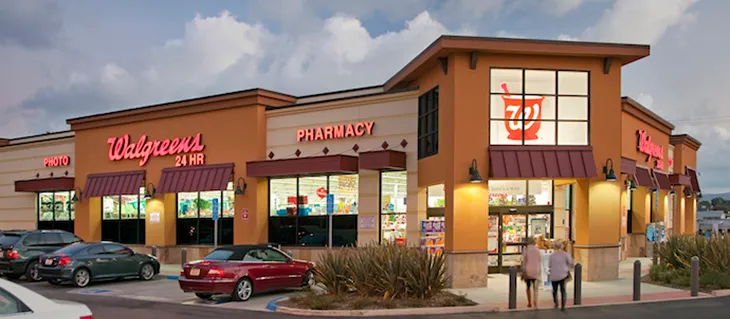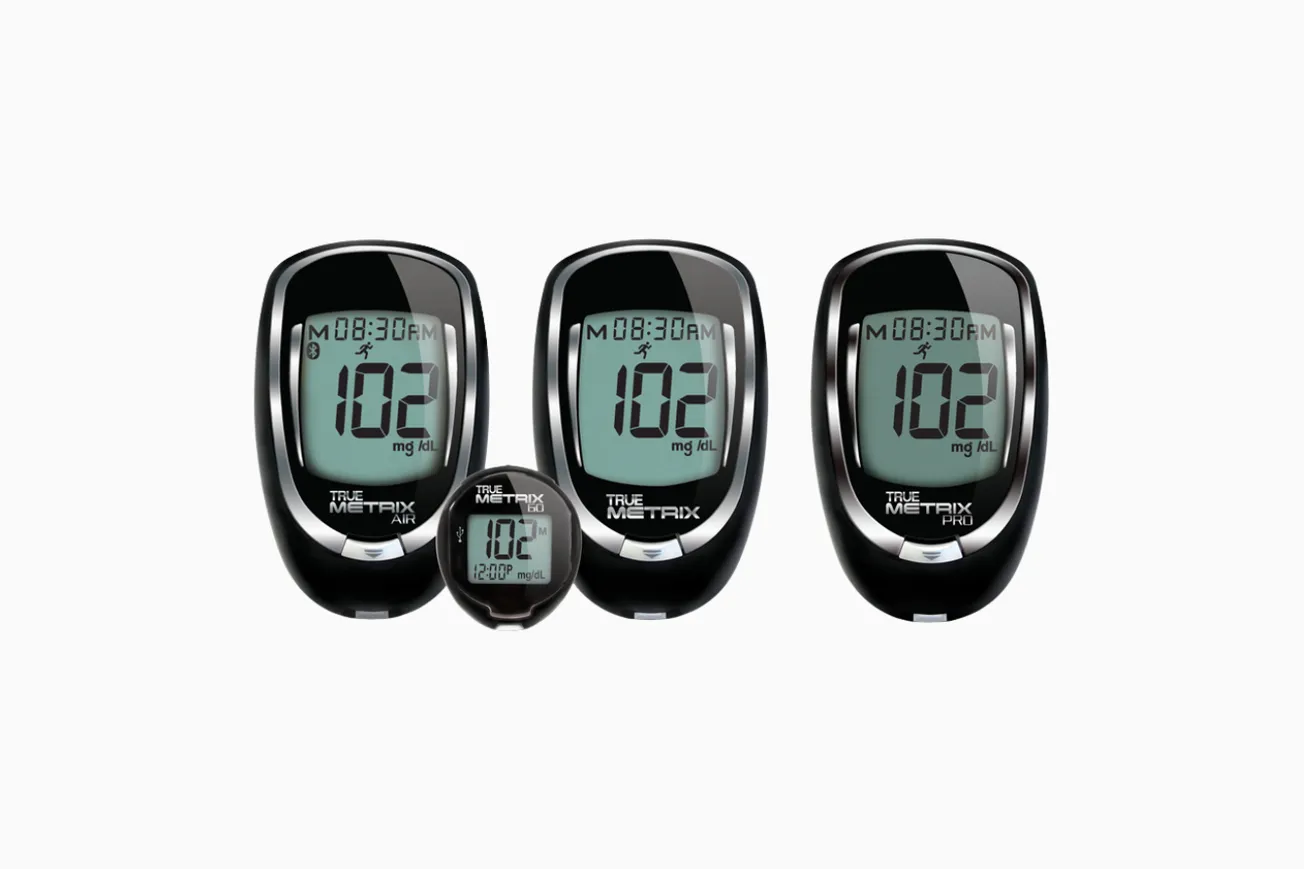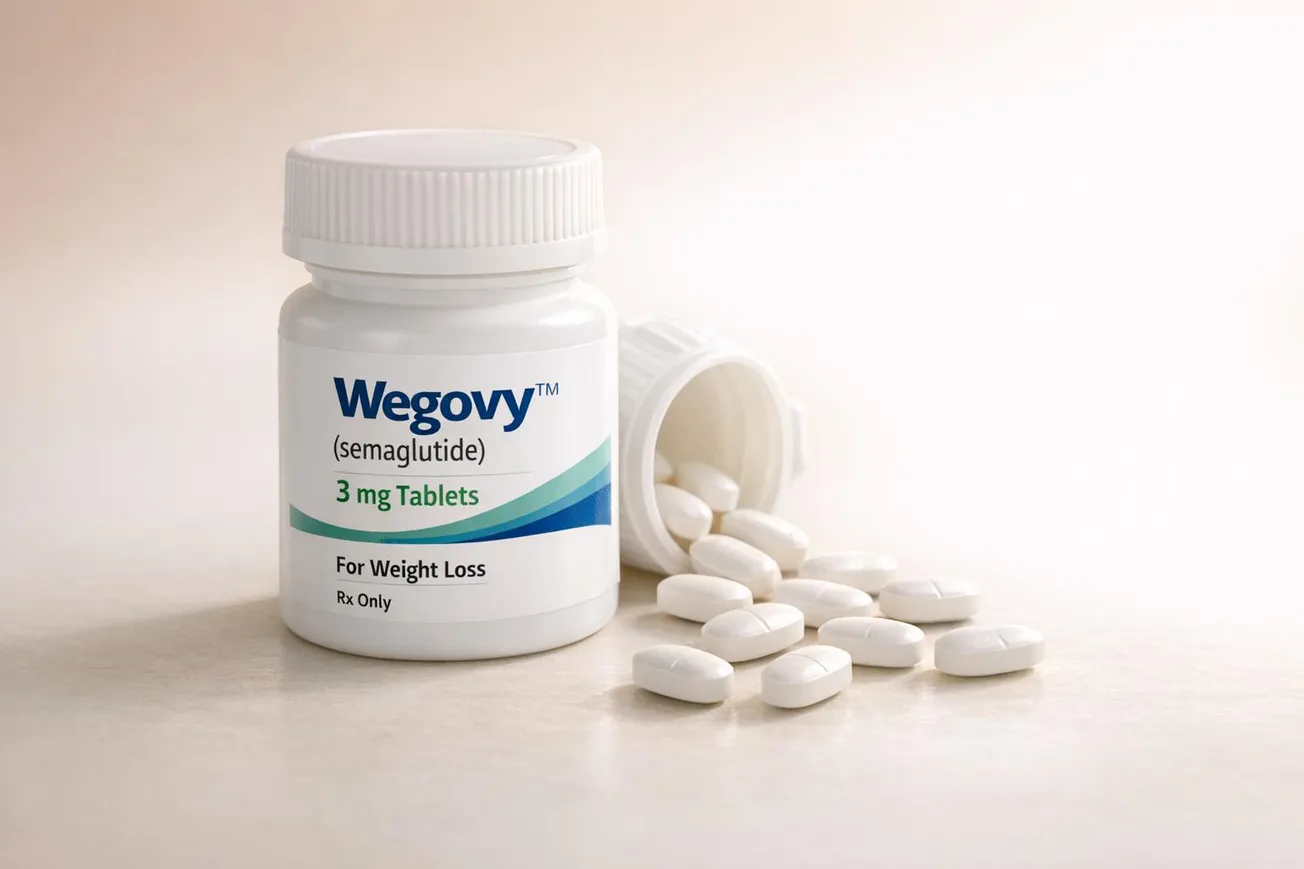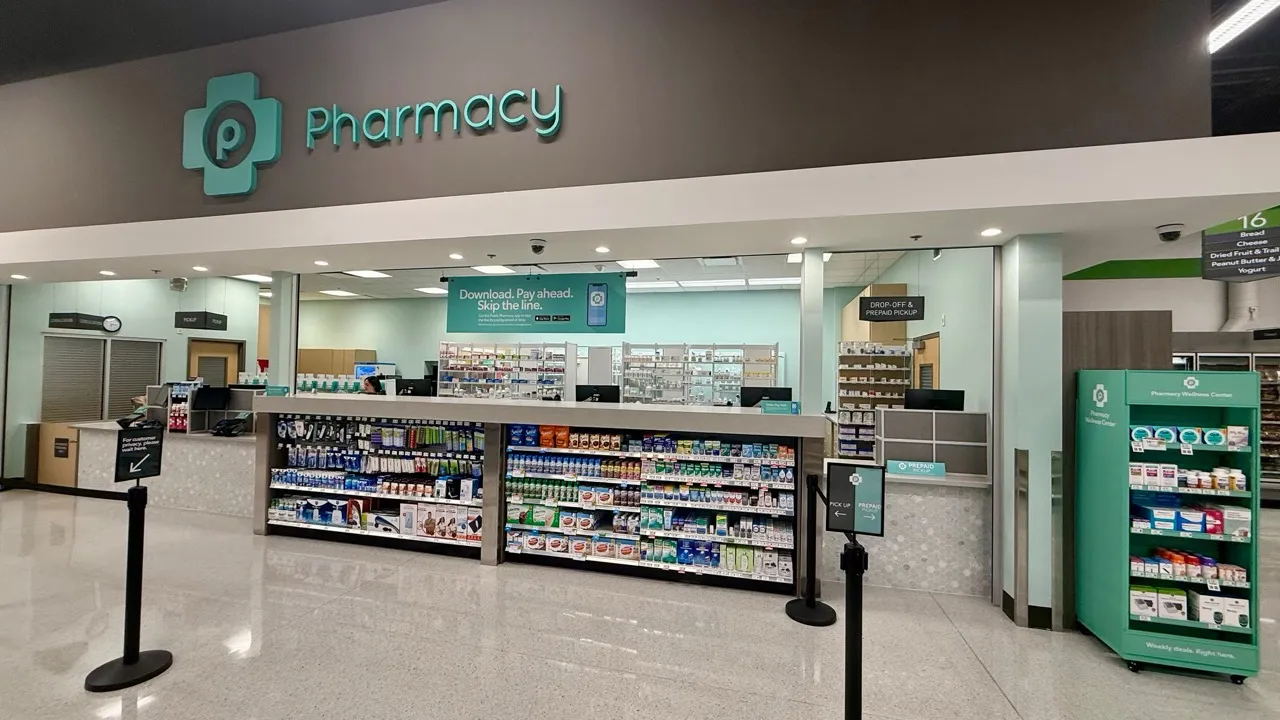As we welcome 2023 and the beginning of the 118th Congress, HDA pharmaceutical distributor members’ role as a convener within the health care ecosystem will be more important than ever.

Chip Davis
Our industry’s value proposition is clear: HDA distributors manage approximately 94% of the market for pharmaceuticals, delivering more than 11 million medicines, vaccines and health care products to nearly 330,000 pharmacies and providers each day. Not only do our members fulfill this incredible responsibility with amazing efficiency, but they also do so on one of the thinnest margins of any health care supply chain entity (0.3% after taxes). According to a new HDA analysis, distributors save the health care ecosystem up to $63 billion annually through their core services.
Distributors’ unique vantage point within the supply chain and expertise allow HDA, as the voice of health care distribution, to shape important discussions among public- and private-sector stakeholders on a range of priorities.
Supply chain resilience and health equity issues
HDA continues to assess lessons learned from rising to a global public health challenge the likes of which we have never seen before. As such, supply chain resilience will remain a focus of our advocacy and policy efforts in the coming year. HDA defines supply chain resilience as the ability to manage disruptions without significant interruption to health care delivery — and ultimately patient care. Our industry’s core principles on resilience include:
- Strengthening public-private partnerships.
- Leveraging the private-sector supply chain.
- Investing in a strong health care workforce.
- Improving strategies for emergency preparedness and response, understanding that climate change and natural disasters are connected.
What we have learned from discussions with key stakeholders is that the definition of resilience differs across various groups. What if we were working from the same set of definitions to effect change? Accordingly, HDA is fostering important dialogue among diverse stakeholders, working with groups such as the U.S. Chamber of Commerce, the Milken Institute Center for Public Health and the National Academy of Medicine Action Collaborative on Decarbonizing the Health Sector. We are bringing some of the best minds together to address supply chain resilience and the topics that fall under its scope, including drug shortages, environmental sustainability, and the central issues of health equity and access.
Every day, health care distributors work behind the scenes to ensure that the medicines and health care products that patients need are available when they need them. However, communities across the country experience disparities in health care access, whether due to cost or product availability issues. Specifically, medically fragile populations and historically marginalized communities often feel the greatest burden from health care cost pressures. To alleviate these issues, HDA distributors are constantly innovating to meet evolving demand. The industry directly invests in and empowers communities across the country, while continuously preparing to navigate and provide medical products to patients during crises.
Our members are committed to improving the factors that influence a patient’s ability to receive equitable, accessible and affordable health care. To this end, HDA has identified five areas of opportunity to enhance health care equity and access, including affordability; accessibility; public-private coordination; environmental sustainability and disaster preparedness; and community investments and partnerships. We all have a role to play, and working alongside supply chain, government and other key partners, we can help ensure that marginalized communities receive the medicines and health care products they need.
As an industry, HDA is committed to working with Congress and the Biden administration to advance meaningful solutions. Of note, HDA will advocate for the reauthorization of the Pandemic and All-Hazards Preparedness Act (PAHPA) to bolster our country’s response capabilities and funding.
Finally, with the pandemic waning, one important conversation under way with our government counterparts is the transition from a federal-run distribution model for COVID-19 vaccines and therapeutics to the commercial market. HDA distributors and our private-sector partners are well equipped to manage commercialization of these products, as well as any fluctuations in demand. However, stakeholder coordination is crucial, and many outstanding questions remain. HDA and our members stand ready to support these efforts by further leveraging our industry’s logistics expertise, capacity and capabilities.
Drug pricing and affordability
The enactment of the Inflation Reduction Act last year brought with it the most consequential drug pricing reforms of the last 20 years. By September 1, the Centers for Medicare and Medicaid Services (CMS), the agency tasked with implementing the IRA provisions, must identify the first 10 Medicare Part D drugs that will be selected for negotiations with product manufacturers on a Maximum Fair Price for beneficiaries. As CMS stands up these efforts, HDA is working with other key supply chain stakeholders to ascertain what role the distribution industry can play to support our upstream and downstream trading partners as the provisions are rolled out.
As we speak about affordable health care options, HDA continues to support our independent pharmacy partners, who are a critical health care access point for so many in our country — and are often the lifeblood for under-resourced communities. One way distributors support these partners is by offering value-added administrative services such as Pharmacy Services Administrative Organizations (PSAOs). In the 2023 state legislative sessions, HDA will continue to advocate for these vital services that many independent pharmacies depend on to serve their neighborhoods.
DSCSA implementation
The health care supply chain has set its sights on November 27, 2023, the final implementation deadline for the federal traceability law, the Drug Supply Chain Security Act (DSCSA). HDA and our distributor members, as the vital link in the health care supply chain, have led on federal traceability issues for two decades, and we will continue to do so in this “last mile” of implementation.
Realizing the DSCSA’s interoperable, uniform framework to trace pharmaceuticals throughout the supply chain — which, importantly, preempts a 50-state patchwork of differing requirements — is the result of hard work and collaboration on the part of numerous trading partners and regulators. But significant work remains to be done.
Over the next few months, manufacturers should work to establish good data connections with their distributors and test early to ensure data quality and that unit-level information is flowing accurately. Further, the dispenser community should also learn about their requirements for compliance. In a survey of HDA conducted with Ipsos last fall, only six in 10 independent pharmacists reported being familiar with DSCSA, and nearly half of those surveyed said they were not sure if they will meet the 2023 deadline. Further, as HDA-member distributors indicated in the HDA Research Foundation’s recent Serialization Readiness Survey, their dispenser customers’ knowledge of the 2023 DSCSA requirements varies considerably.
Wholesalers are equipped to assist dispensers with certain areas of DSCSA implementation, though each pharmacy is ultimately responsible for compliance with the law. HDA has worked with leading pharmacy organizations to establish an educational hub for the dispensing community at DSCSA.pharmacy.
In these final months, we need all hands on deck to achieve continued delivery of medicines come November 28 — and the safer and secure system for patients that the DSCSA promised on its enactment nearly 10 years ago. HDA will continue to serve as a forum for stakeholders to work through challenges, while also serving as a resource to the Food and Drug Administration as it finalizes important guidance to industry.
Distributors at the center
From distributing the most common treatments to the most complex, answering the call in times of calm and crisis, and serving the biggest cities to the smallest towns — HDA’s members are ensuring that health gets delivered. Last year I mentioned that with increased responsibility and awareness of our industry comes the expectation for action. As HDA continues its efforts to communicate the role and value of the distribution industry, we will be doing so from a new location in downtown Washington, D.C., between the White House and Capitol Hill. Our relocation will offer additional opportunities for us to welcome our members to the nation’s capital to clearly illustrate our core expertise to the lawmakers of the new Congress, regulators, thought leaders and our supply chain partners
Chip Davis is the president, CEO at Healthcare Distribution Alliance.









